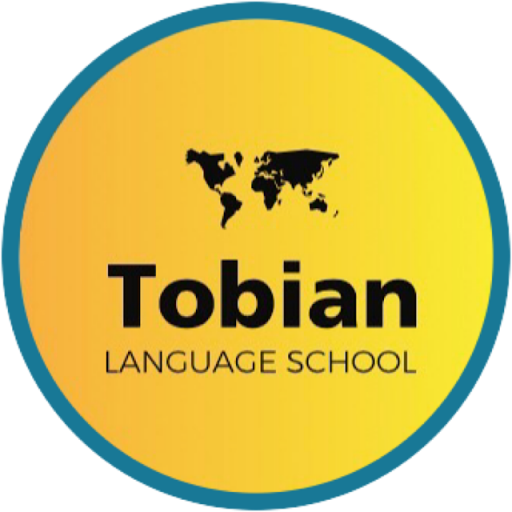How To Prepare for the Dutch Inburgering exam
- March 28, 2023
- By Tobias Woudt
If you are planning to move to the Netherlands for work or study, you will need to take the Dutch Inburgering exam. This exam is a mandatory requirement for non-EU citizens who want to live and work in the Netherlands for an extended period.This test wants to determine your proficiency in the Dutch language, knowledge of Dutch society, and the ability to interact with the Dutch people. In this article, we will discuss in detail how to prepare for the Dutch Inburgering exam.










